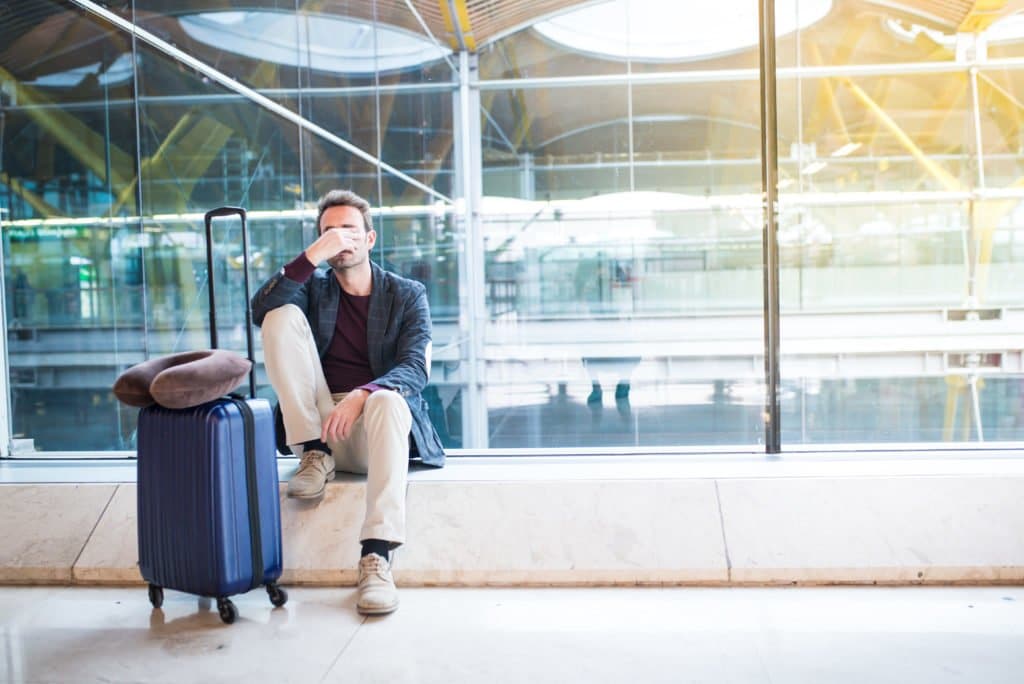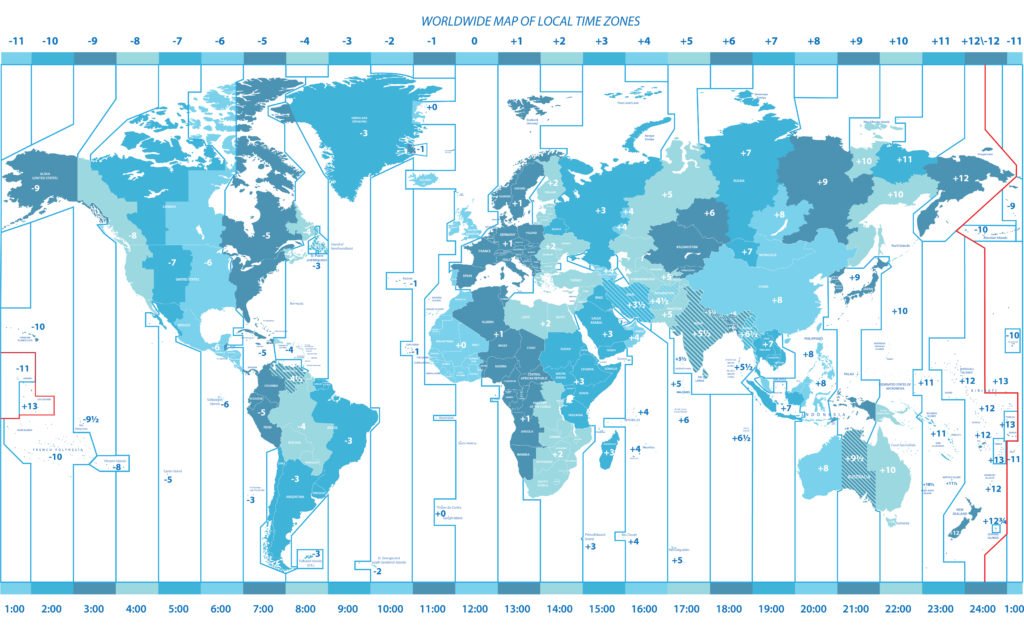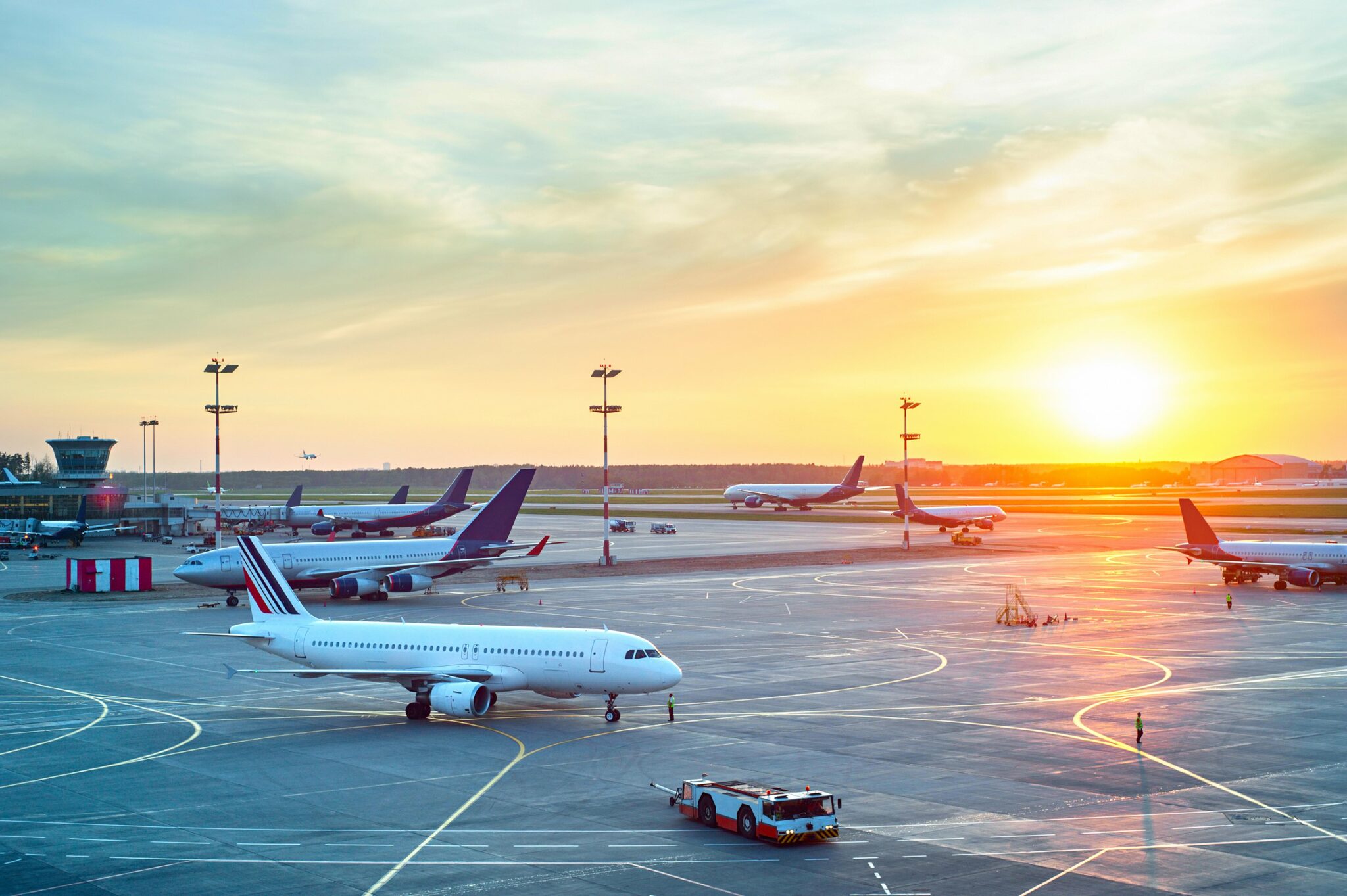Traveling can be extremely fun, but if you’re going a long distance from home, you might want to prepare for jet lag. Common among frequent long-distance travelers and people who work in the travel industry, jet lag is a sleep disorder that negatively affects our body’s internal clock. Once we’ve crossed over a time zone or two, there’s a huge possibility that our bodies will take a physical hit to the time change.
What does jet lag feel like?
Jet lag is categorized as a temporary Circadian Rhythm Sleep-Wake Disorder (CRSWD). It occurs when your body’s internal clock, or circadian rhythm, misaligns due to quick travel over multiple time zones. Most people describe it as the extreme tiredness they experience after a long flight, and there are a variety of symptoms that can follow.
Common Symptoms

Stepped off a long flight and feel like you might have jet lag? There are some telltale signs to distinguish between exhaustion and jet lag. They include:
- excessive tiredness
- an urge to nap
- nausea or moderate illness
- headache
- insomnia
- anxiety and/or depression
- a change in appetite
How to Reduce Jet Lag Effects
How long jet lag recovery takes will depend on the time change. If you’re flying to the other side of the world, give yourself a few days to fully adjust to the new time. If you’re traveling to a place that only has a couple hours’ difference, though, you shouldn’t worry too much about feeling the effects of jet lag. Regardless, it’s still good to brace yourself for potential side effects of time change. Read on for some tips to help you battle jet lag.
Prepare Yourself for the Time Change
The best way to tackle symptoms of jet lag is to start following your destination’s time zone as soon a couple of days before you depart. Going to bed earlier or later than usual, which will depend on where you are traveling, is key to preparing yourself for the soon-to-come time adjustment.
When it’s time to travel, try not to take long naps on the plane or once you arrive at your destination. Instead, go to bed when it’s nighttime at your destination and wake up at a reasonable hour the next morning.
Reduce Travel Anxiety
If traveling gives you anxiety, you’re not alone. Planning a trip from start to finish can bring about a multitude of feelings. Worst case scenario is that your anxiety prevents you from sleeping well.
Some simple ways to reduce travel anxiety include creating an itinerary, eating a well-balanced meal and keeping an open communication with family and friends back home.
Time Your Flight Well
For long-distance travelers, planning the flight is one of the most central components of the entire trip. As much as possible, opt for a flight with minimal or no layovers so that you can reduce your overall travel time. When you book your flight, notice what the times will be at home and at your destination when you are traveling.
Considerations when booking a flight:
- The day of the week the flight departs
- The flight’s cost
- The amount of time between layovers, if any
- The times of day of your flight’s first departure and final landing
Drink Plenty of Water
We know, it’s nice to drink coffee as a quick pick-me-up or have a glass of wine on the plane, but traveling is the time to stay hydrated. Bring a reusable water bottle that easily fits in your carry on and monitor your water intake as you travel. Drinking plenty of fluids on the plane will combat the dehydration that accompanies long travel times. Plus, your body won’t feel as worn out as it might with not drinking adequate amounts of water.
Take a Hike
If it’s light outside by the time you’ve reached your destination, step outside. Exposing your body to natural light is a key component in regulating, and in terms of travel, re-regulating, your circadian rhythm. It’s one of the easiest, healthiest ways to tackle jet lag.
Use a Sleep Supplement
If you’ve talked to your doctor and have come to the conclusion that using sleep supplements is safe and healthy for you, traveling might be a good time to take one.
Melatonin is a common supplement for people who struggle to fall asleep due to messed up sleep cycles. Once you’ve reached your destination, take the recommended dosage before you go to bed.
How long does it take to recover from jet lag?

Now that you’re well-equipped with some tips on how to fight jet lag, you’re probably wondering how long it’ll last. The truth is, it’s different for everyone and it will heavily depend on how great of a time difference you switched over to and how far you traveled. Some people will feel tired the first couple of days they travel, while others may notice symptoms persisting a week after they stepped off a long flight.
Remember, jet lag usually only occurs after you’ve traveled a long distance over a short period of time, particularly if you’re flying internationally or have a job that requires lots of traveling. Unfortunately, there’s no solid answer as to when jet lag will go away, although it typically takes about one day per time zone traveled to feel relief. 1
So the next time you embark on a long-distance excursion, know that there are ways to travel happily and healthily. And, jet lag is a perfectly normal part of traveling. Just be sure to take care of your body so you can get the most—and the best—sleep possible.
Terms
- Jet lag: a temporary Circadian Rhythm Sleep-Wake Disorder (CRSWD) that often occurs when a person travels over multiple time zones in a short period of time; symptoms align with tiredness, anxiety and/or depression and insomnia.
- Circadian Rhythm Sleep-Wake Disorder (CRSWD): A category of sleep disorders marked by the disconnection between your body’s circadian rhythm and the light-dark cycle, resulting in poor sleep.
- Circadian rhythm: the 24-hour sleep-wake cycle innate to living organisms; also referred to as the sleep-wake cycle.
- Melatonin: A natural hormone produced in the body’s pineal gland that regulates your sleep-wake cycle; a common supplement used to treat sleep disorders or problems.


